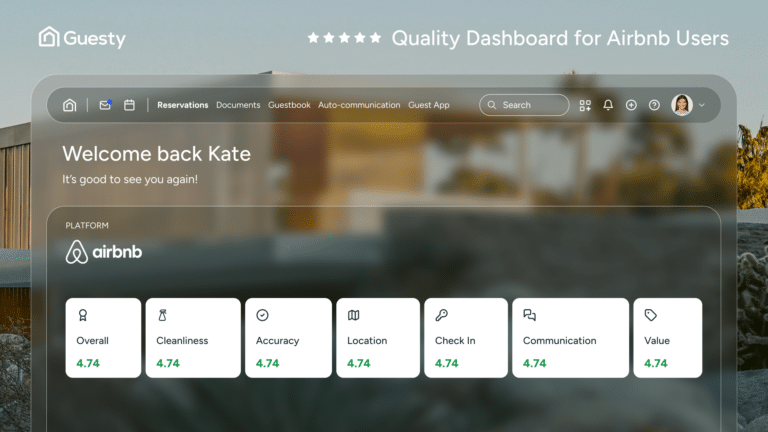Investing in real estate can be a highly rewarding endeavor, providing a steady stream of income and potential appreciation over time. Investment properties are a popular choice for those looking to diversify their portfolios and secure long-term financial growth. In this article, we delve into the definition of investment properties, explore how to finance them, and explain the various types of property investments available.
Investment properties defined
Investment properties are real estate holdings purchased to generate income, either through rental revenue or future resale at a profit. Unlike primary residences, these properties are not intended for personal use. They can range from single-family homes to commercial buildings, and their success depends on strategic purchasing, effective management, and market conditions.

Financing your investment property
Securing the right financing for your investment property is crucial to maximizing your returns. Here are some key considerations and options for financing:
- Investment property loans: These loans are specifically designed for purchasing investment properties. They typically require a higher down payment and have stricter qualification criteria compared to traditional home loans. However, they offer the advantage of leveraging your investment.
- Investment property mortgage rates & interest rates: Lenders often charge higher interest rates for investment property loans due to the increased risk. It’s essential to compare rates from different lenders to secure the best deal.
- Types of loans:
- Conventional loans: These are the most common type of loans for investment properties and require a down payment of at least 20%.
- Hard money loans: These short-term loans are provided by private lenders and often used for fix-and-flip properties.
- Portfolio loans: Offered by banks, these loans are kept in-house and may offer more flexibility in terms of qualification criteria.
- Investment property lenders: Choosing the right lender is crucial. Look for lenders who specialize in investment properties and can offer competitive property investment loans.
Types of property investment
Investment properties come in various forms, each with its unique benefits and challenges:
- Residential real estate
- Single-family homes: Ideal for beginners, these properties can be leased to long-term tenants.
- Multi-family units: Includes duplexes and apartment buildings, offering multiple rental income streams.
- Commercial real estate
- Office spaces: Leased to businesses, these properties often require longer lease terms.
- Retail spaces: Located in shopping centers or standalone buildings, and leased to retailers.
- Vacation rentals: Properties listed on platforms like Airbnb generate income through short-term rentals. These require active management but can yield higher returns in popular tourist destinations.
- Turnkey properties: These are fully renovated properties ready for immediate rental. They offer a hassle-free investment option, especially for those new to real estate.
- Raw land: This involves purchasing undeveloped land with the potential for future development or resale. It’s a long-term investment requiring careful market analysis.

Key considerations when buying an investment property
When buying an investment property, several factors need to be considered to ensure profitability:
- Location: The property’s location significantly affects its value and rental potential. Areas with good schools, amenities, and transportation links tend to attract more tenants and buyers.
- Market trends: Understanding local market trends helps in identifying the best time to buy and sell. For instance, the market in San Diego County shows signs of slowing, presenting opportunities for strategic purchases.
- Property management: Efficient management can maximize rental income and ensure tenant satisfaction. Consider hiring a professional property manager if you lack the time or expertise.
- Financing preparedness: Secure your financing options before making offers. Having an investment property loan in place can give you a competitive edge.
- Appreciation potential: While rental income is crucial, consider the property’s potential for appreciation. Historical appreciation trends can guide your investment decisions.
- Repair and maintenance costs: Evaluate the initial repair costs and ongoing maintenance expenses. These can impact your overall return on investment.
Making the most of real estate/property investment opportunities
Investing in real estate through investment properties presents a myriad of opportunities for financial growth. By understanding the different types of properties, securing the right financing, and making informed decisions based on market trends, you can optimize your investment strategy. Whether you’re interested in residential, commercial, or vacation rentals, the key lies in thorough research and strategic planning.





